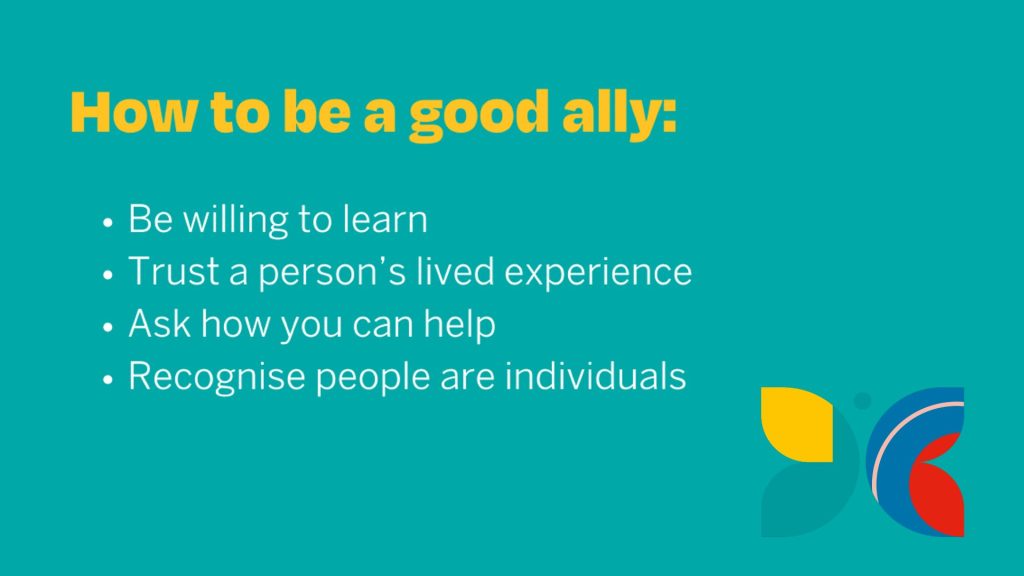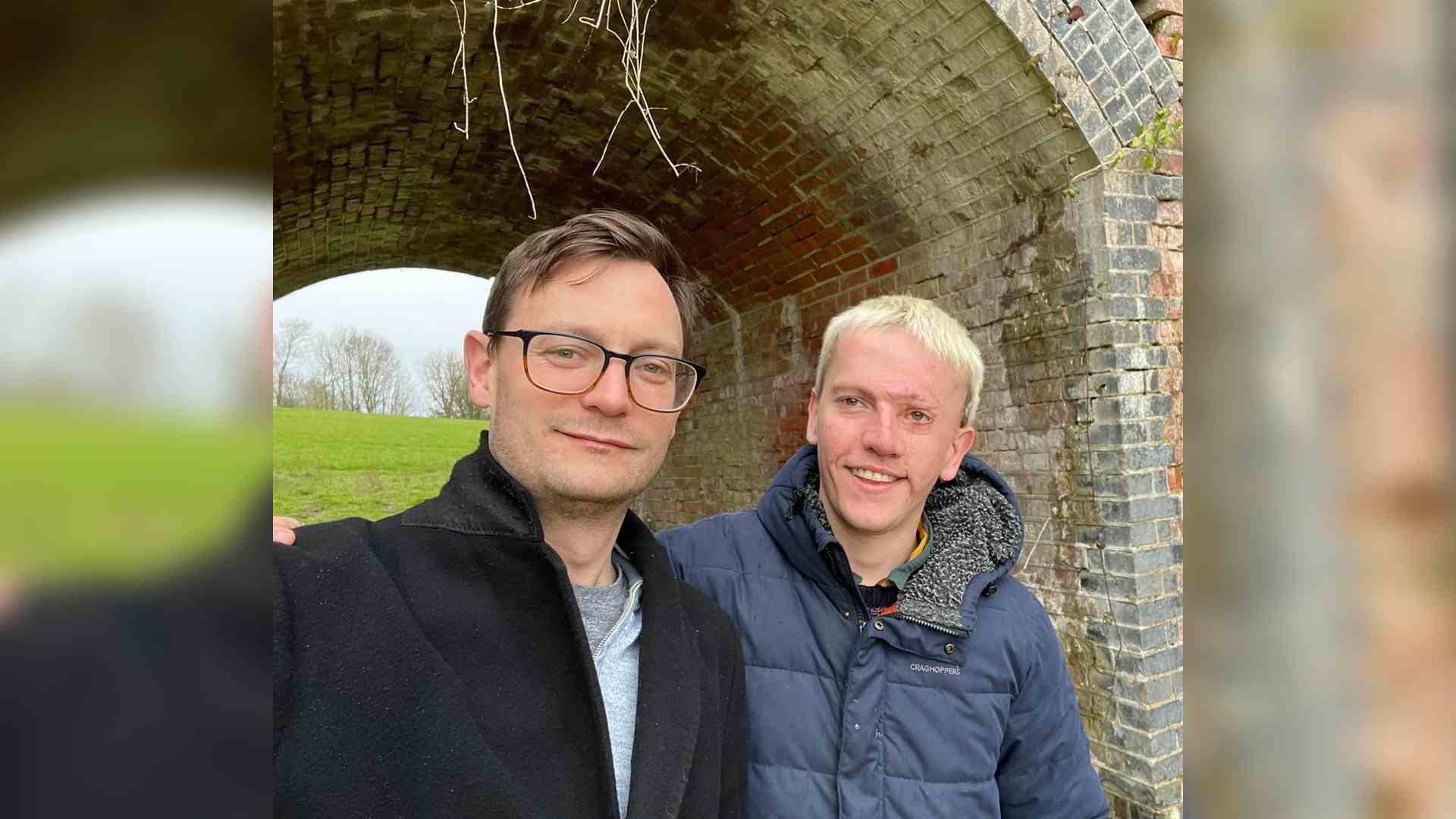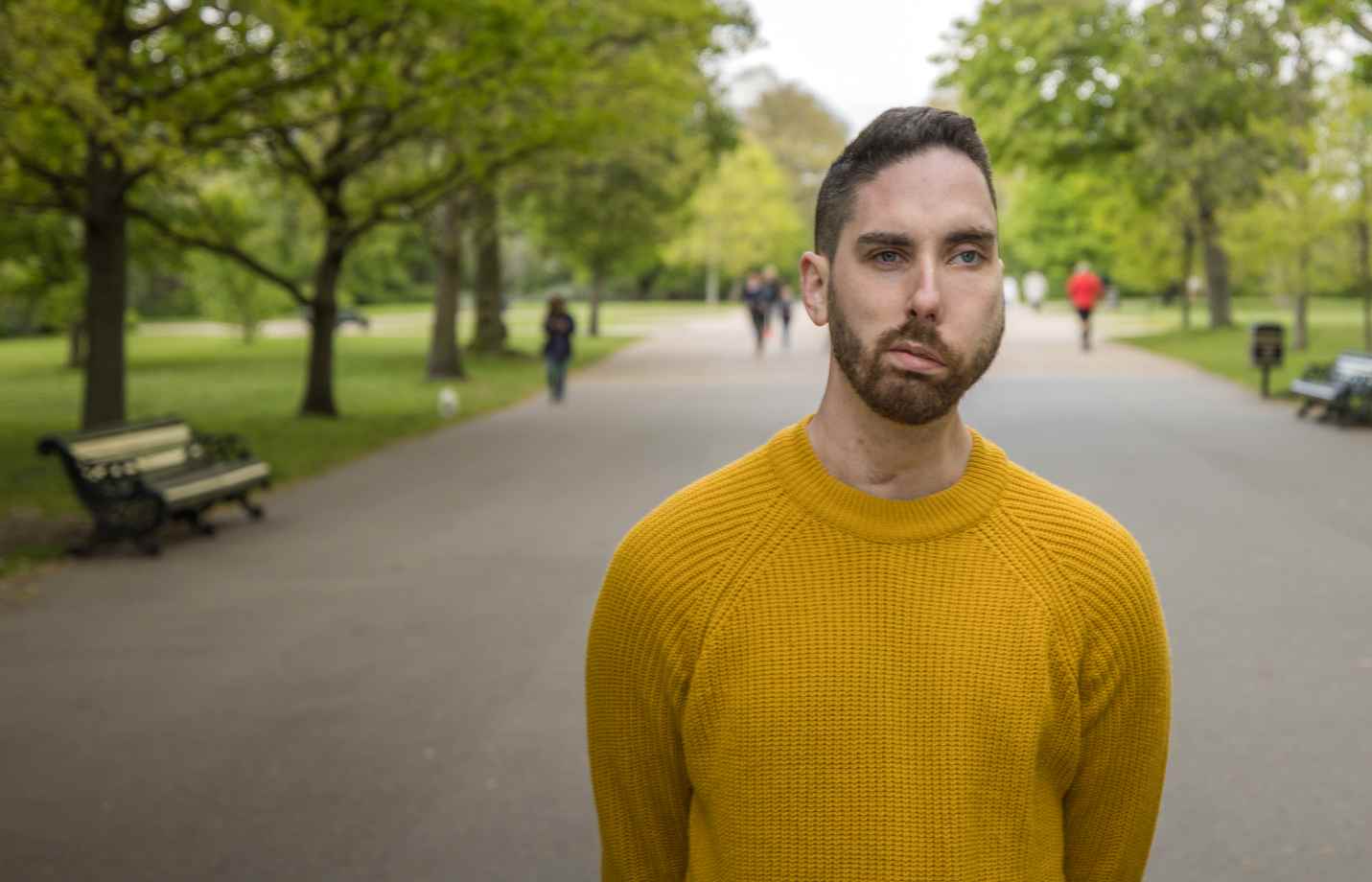I’m Rob and I was born with a rare birthmark called a congenital melanocytic nevus on my face. It covered most of my left cheek and grew up into my hairline. As a child I had many surgeries to remove the birthmark, which included skin grafts, tissue expansion and work on my tear ducts.
I grew up in a supportive and loving family who never held me back because of my visible difference. Their belief in me helped me to become the person I am today, a successful actor and ambassador for Changing Faces. However, not every person you meet takes on the role of an ally.
Every person with a visible difference has their own ways of handling stares and comments, and part of being a good ally is recognising this.
Throughout my life, I’ve experienced staring, comments and bullying. At school, my classmates passed around a picture of Chucky, the scarred villain from the horror movie Child’s Play, and had written my name underneath it. It made me wonder whether I was a bad person because of what I looked like.
Thankfully, I’ve also come across plenty of people who accept me for who I am, including my partner, Gary.
Having allies who will listen when you’ve had a bad day, and speak out when people are cruel, is so important.

Being an ally to someone with a visible difference is a learning experience. At first, Gary would point out people who were staring, getting angry on my behalf, but this would bother me more. He’s come to understand that I have my own coping mechanisms, and that he can trust me to come to him when I need support.
Strong communication is vital. Every person with a visible difference has their own ways of handling stares and comments, and part of being a good ally is recognising this. Sometimes, with all the best will in the world, you might do something that upsets the person you’re trying to protect. For example, Gary was worried about introducing me to the children in his family, in case they reacted badly.
Knowing that there are people out there who love and support you can make life that bit easier.
This assumption was upsetting to me, so I voiced this and introduced Gary to Changing Faces’ I Am Not Your Villain campaign. This enabled me to show Gary that his concerns came from outdated and damaging tropes found in film and TV, and that you should give people the chance to make their own minds up about a person’s character. Importantly, Gary was able to admit that he was wrong to make assumptions and didn’t get defensive – this is what a good ally should do. Don’t be afraid to be educated.
Empathy is everything. At the end of the day, the person with the visible difference is the one with the lived experience, and that should be respected. People often have a habit of trying to compare their own troubles to yours, but this can be invalidating, so it’s best to simply listen and learn. Ask questions about how you can help, rather than guessing what they need.
In a world which often makes people with visible differences feel like outcasts, knowing that there are people out there who love and support you can make life that bit easier.
You don’t have to know someone with a visible difference to be an ally either. It’s simply about standing up for acceptance and kindness towards other human beings, no matter what they look like.

